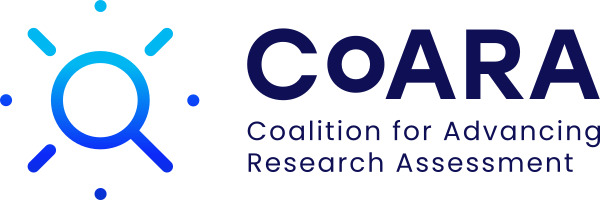
The John Innes Centre has joined the Coalition for Advancing Research Assessment (CoARA), alongside more than 700 research organisations, funders and professional societies, to implement reform in the assessment of research, researchers, and research organisations.
By agreeing to the direction and guiding principles of the CoARA Agreement on Reforming Research Assessment the institute has committed to improving and modernising its own methods and processes by which research, researchers, and research organisations are evaluated.
Dr Clare Stevenson, Head of Science Coordination and Research Culture at the John Innes Centre, said: "It is vital that research institutions like ours modernise our assessments and recognise the diversity of contributions to, and careers in, research."
Many research assessment methods rely heavily on publication-based metrics such as citation counts, and it is recognised that they often fail to recognise the wide array of contributions made by researchers.
Dr Stevenson continues: "The diverse outputs, practices, and activities that maximise the quality and impact of our research have been sidelined in favour of an outdated model of evaluation. We believe that assessment should be about the quality of outputs, and moving forward our emphasis will be on making comprehensive qualitative judgements, balanced quantitative indicators, as well as thorough peer reviews."
Over the next 12 months an action plan for CoARA implementation will be developed for the John Innes Centre with a set of measurable outputs and interventions to ensure meaningful changes to practices of assessment and evaluation.
Dr Myriam Charpentier, group leader and chair of the Responsible Research Conduct Committee at the John Innes Centre, said: "I am pleased that we are taking this proactive step. By signing the CoARA agreement we are prioritising ethical practices and research integrity, both of which safeguard the freedom of scientific research."
Committed to Equality, Diversity and Inclusion in academia
The John Innes Centre values the diversity of its staff and students. We are committed to building a positive environment which is fair, welcoming and inclusive, where everyone is treated with dignity and respect.
Our track record of, and commitment to, continually improving our culture, practices and environment means we are always working to learn, evolve and share best practice across the Norwich Research Park, UK and globally.
The John Innes Centre was a founding signatory of the Technician Commitment, ensuring the professional development of its technicians and an embedded culture where all staff are supported and developed.
In 2017, the John Innes Centre became the first independent research institute to receive the Athena Swan Gold Award, and in 2023 this renewed, recognising our continuing commitment to gender equality.
The Athena Swan Charter, run by Advance HE, is a framework used across the globe to support and transform gender equality within higher education and research. Established in 2005 to encourage and recognise commitment to advancing the careers of women in Science, Technology, Engineering, Maths and Medicine (STEMM) employment, the charter is now used across the globe to address gender equality more broadly.
More recently, the institute was awarded a BBSRC Connecting Culture grant to deliver a one-year project to accelerate our efforts to understand, value and celebrate Neurodiversity. The purpose of this project is to raise awareness, training and network development activity which will benefit all BBSRC-supported institutes.






